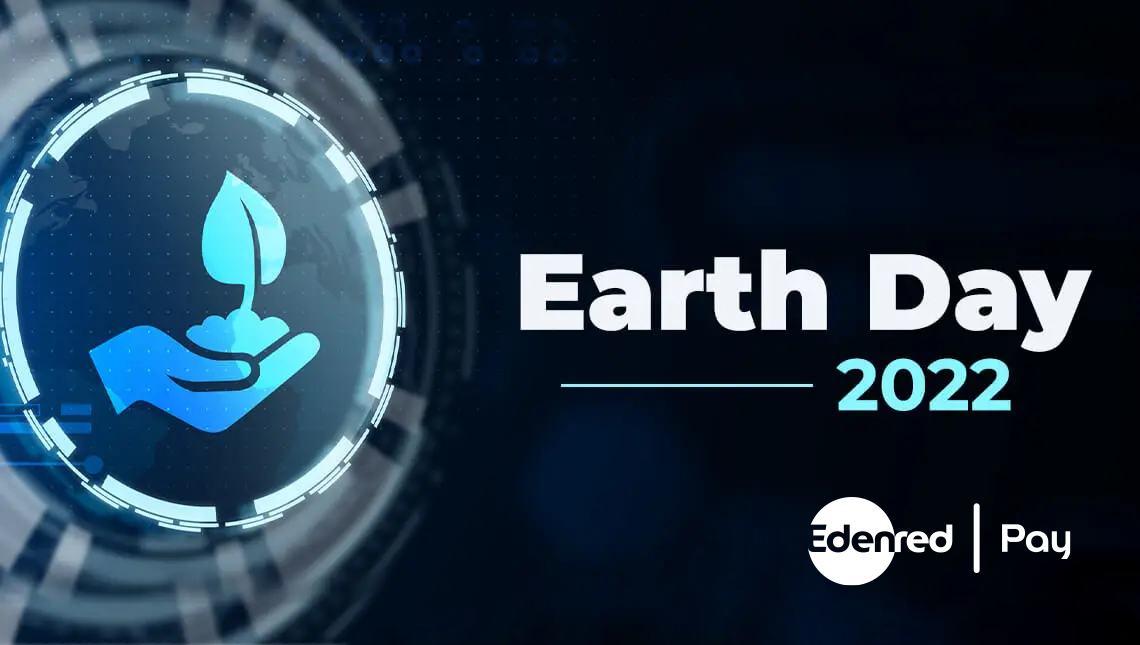Earth Day, April 22, may not seem that important to your business. However, it does relate to the new ESG initiatives (Environmental, Social, and Governance) recommended by the US Securities and Exchange Commission (SEC). And those proposed requirements could have a lot to do with your business and its future investment potential.
Earth Day
Earth Day started as a movement in 1970 in response to an oil spill in Santa Barbara, California. The natural disaster made the effects of our activities on the environment (which had previously been largely ignored) blatantly clear. In addition, it inspired people to take a long hard look at how developments since the industrial age had impacted the planet’s health.
Today, thanks to our continued advancements and their contributions to climate change, Earth Day is just as critical. This year’s Earth Day theme is Invest in Our Planet. Luckily, governments are taking notice and getting involved.
ESG
In March, the SEC proposed new rules that would require public companies to disclose their business operation’s effects on the climate and the environment. There are ESG rating systems to help measure their environmental risk and impact. These ratings can have significant influence on future investments.
There’s a great deal involved in complying with scores for Social and Governance. However, Environmental scores can be positively impacted by clean technology. According to ScienceDirect, “The ultimate aim of clean technology is to reduce the environmental footprint and to minimize environmental pollution.” One way to accomplish this is through the optimization of processes.
A survey by pwc asked CFOs about their ESG priorities. 78% of CFOs in financial services and 63% in other industries prioritize the implementation of the appropriate technology, processes, and controls to meet ESG requirements.
An Unlikely Culprit to Waste
You may not think that a single paper check has much to do with ESG requirements. However, no business ever writes a single paper check. Checks are costly and typically require time-excessive manual processes. Equally important, they have environmental consequences as well.
Offices in the US use about 12 trillion sheets of paper a year. But checks are small and don’t use that much paper, right? Consider that it takes one sheet of paper to print four personal checks. Business checks are usually larger, so only two or three would fit on one sheet. That means one ream of paper, 500 sheets, can produce around 1,000 – 1,500 business-size checks. Depending on the industry and size of the company, this could cover a year’s supply of checks or just a few months.
How often do we consider what happens once the check is cashed? As of 2018, over 17 million tons of paper products end up in landfills. And as they break down, methane gas is released. Methane is a greenhouse gas that contributes to climate change. Not only that but cutting down trees to make paper for the printing of checks contributes to deforestation. Deforestation prohibits the natural process of trees from capturing greenhouse gas emissions and releasing oxygen into the atmosphere.
An easy way to comply with ESG initiatives of reducing waste and pollution while contributing to the conservation of natural resources is to automate your accounts payable process. Not only will your workflow gain efficiency and lower operational costs, but you will be helping the environment by avoiding paper checks.
Corporate Spending Innovations can help.
Automating or digitalizing your accounts payable process means more environmentally conscious payments. CSI can automate 100% of your payment process in the format that works best for your suppliers.
- Virtual Cards
- ACH
- B2B Payments Network
- Ghost Cards
There’s so much to gain from automating payments – efficiency, fast and secure delivery, and complete visibility of all payment activity for easier reconciliationThe process of matching financial records—such as payments and invoices—to ensure accuracy in accounting and reporting.. So don’t wait until ESG proposals become requirements.
_______________________________________________________________________________________________________
Edenred PayEdenred Pay is the market leader in B2B payments automation., an Edenred Company, is the global leader in B2B payments automation. Our integrated platform connects buyers with trading partners, ERPs, banks, FinTechs, and payment rails to optimize supplier enablementThe process of onboarding suppliers to electronic invoicing and payment systems to streamline transactions., invoice approvals, and B2B payments and create a frictionless process for B2B transactions. Learn more at www.edenredpay.com or schedule a meeting with us.

Ready to elevate your B2B payments?
Whether you are automating for the first time, ready to refresh your existing technology, or looking for ways to complete the ‘last mile’ of automation, Edenred Pay can help. Let’s chat about your needs.







